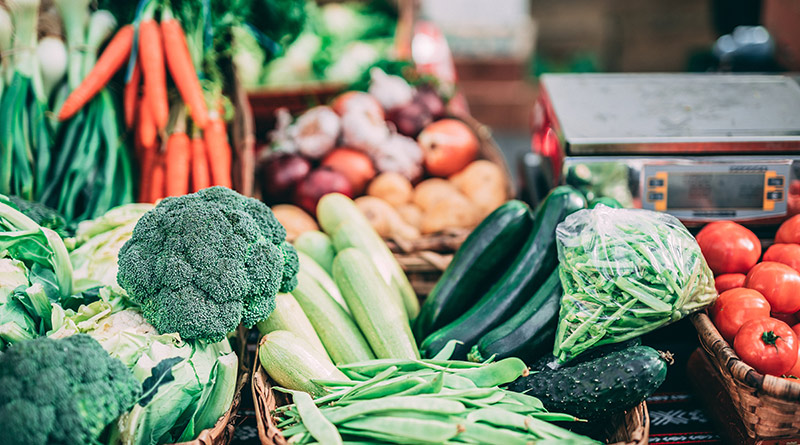New Border Checks Threaten Deceleration In Foodservice Price Inflation

Despite the recent general downward trend, apprehensions are growing about a resurgence in inflation as a result of new border checks. The government is set to implement new paperwork requirements for EU businesses sending animal and plant products to the UK from the end of January, with physical inspections commencing in April.
There have been assurances that there will be no further postponements to these checks, leading to concerns among food importers about disruptions including import delays, port queues, empty supermarket shelves and an upswing in inflation that will particularly affect food prices.
Shaun Allen, Prestige Purchasing CEO, said:
“There is a continued and pressing need for operators to remain alert to pricing within their supply chain. While prices continue to rise, the rates at which they are doing so are slowing currently, however, should the government’s planed border changes come into force, we may begin to see the rate of inflation rise again. Good data and market insight is imperative to avoid missteps.”
James Ashurst, client director at CGA by NIQ, said:
“December’s figures continued a welcome respite in inflation across foodservice in the second half of December.
Nevertheless, rates remain at exceptionally high levels, and the planned new border checks may put momentum back into inflation. There are some positive indicators for 2024, including growth in consumer confidence and drops in interest rates and energy bills, but these checks risk derailing the sector’s fragile recovery.”
The majority of Index categories maintained double-digit year-on-year inflation in December, and the Vegetables category recorded a rate above 20%, primarily driven by substantial increases in potato prices. Only one category, Oils & Fats, achieved deflation, with a 1.1% year-on-year decrease.
